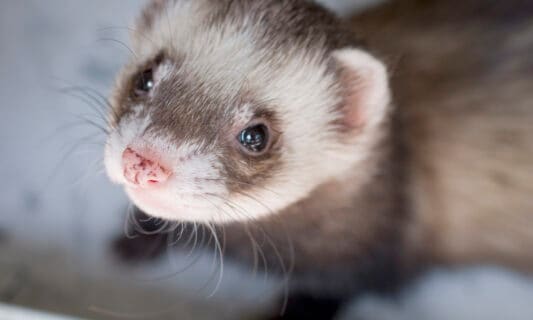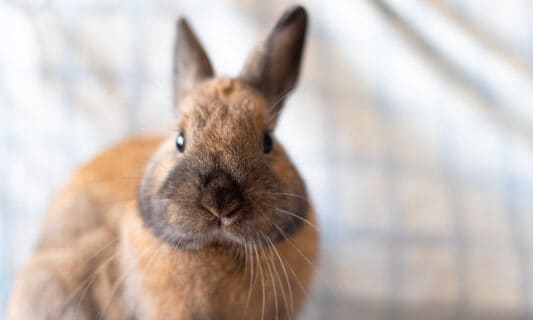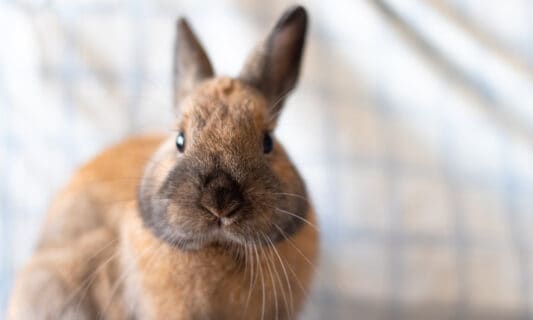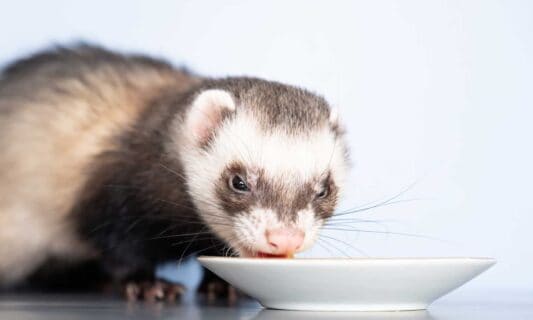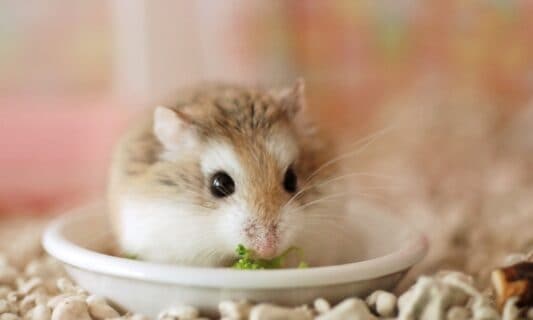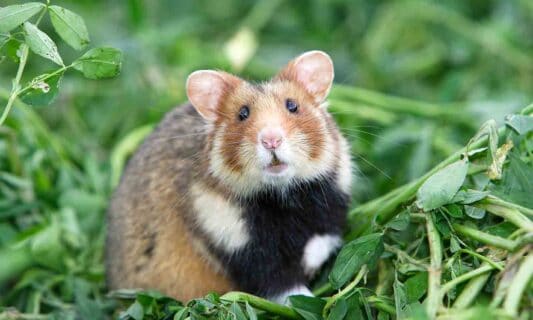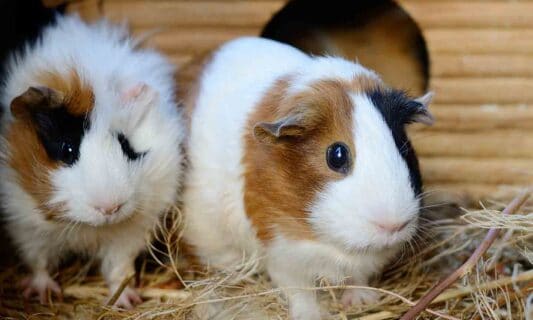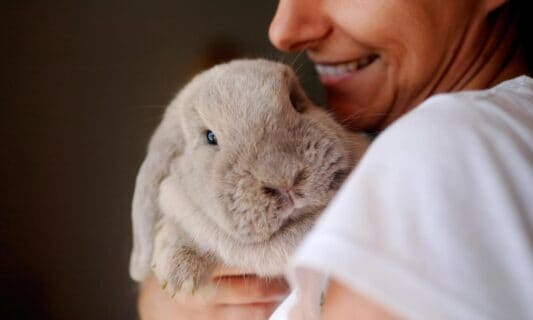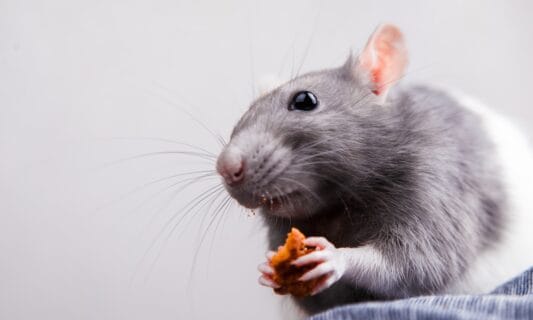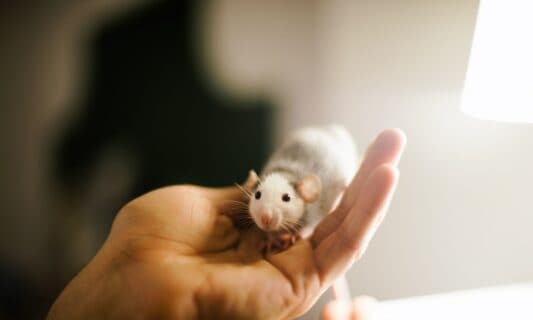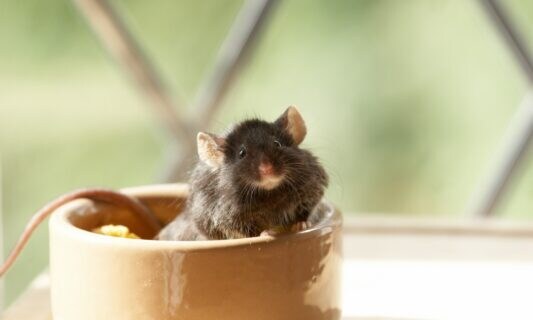Find out what may be causing the redness—and what to do next.
We’re breaking down the budget for your new bunny.
The short answer is yes, but there’s more to know.
The best things to feed your furry friend.
Ever wonder, "How much do hamsters cost?" We break down how much money you should budget to add a hamster to your family.
The way these pocket pets live in the wild may surprise you.
Will one of these five hamster species be your next furry family member?
Which rodent is right for you?
From day-one expenses to long-term cavy care costs.
Expert advice to keep your bunny happy and healthy throughout their life.
Dealing with the passing of a pet? You aren't alone. We help you better understand how to cope with the loss of a beloved companion.
How many types of rabbits do you know?
Plus, ways you can help extend your hammy’s lifespan.
All the basics to start your pet parenting journey off right.
Thinking of getting a rat? Learn the ins and outs of what rats can eat, what they can't, and what should be given daily vs. in moderation.
Thinking of adopting a pet rat? Learn all about how to care for them best, and how long they can live.
Adopting a mouse? Learn all about what mice can and cannot eat, what they should have daily and occasionally, and how much.
Thinking of adopting a pet rat? It's important to understand how big they'll get before gathering supplies like an enclosure and toys.
